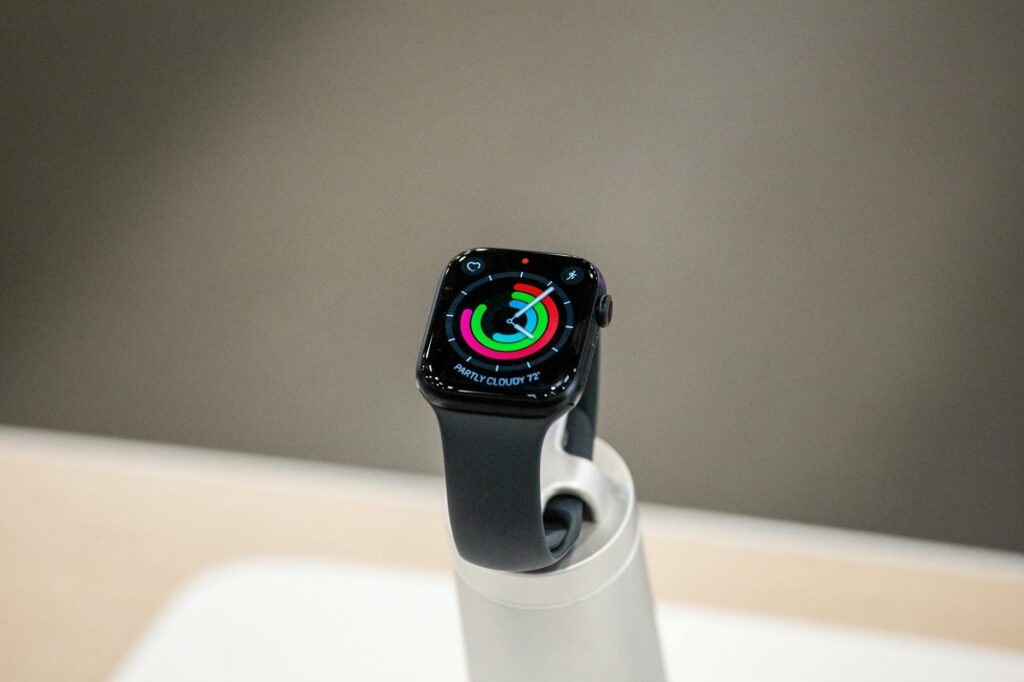What is digital time logs?

What is Digital Time Logs?
In an age where every minute counts, understanding how to manage time effectively is crucial. This is where digital time logs come into play. These logs serve as a powerful tool for tracking time spent on various tasks, making them invaluable in today’s fast-paced work environment. Embracing digital time logs can skyrocket your productivity and transform your approach to time management.
Understanding Digital Time Logs
Digital time logs are tools designed to help individuals and organizations record how much time is spent on specific activities or tasks. By maintaining a digital record of time spent, users can gain insights into their work habits and productivity levels.
Definition of Digital Time Logs
At its core, a digital time log is a system where you can input and track the time spent on different tasks. Whether you’re managing projects, logging hours for billing, or simply trying to see where your day goes, digital time logs provide a structured way to capture this information. They can be integrated into various applications and systems, making them versatile for personal and professional use.
How Digital Time Logs Work
Digital time logs function by recording the start and end times for each task, creating a detailed account of how time is allocated throughout the day. Most modern tools allow users to categorize their tasks, making it easier to analyze time spent on specific activities.
Common software options include Clockify, which offers a free version for tracking time across projects, and Toggl, known for its user-friendly interface and robust reporting features. These platforms often come with mobile and desktop apps, allowing you to log time anytime, anywhere.
Benefits of Using Digital Time Logs
Implementing digital time logs can revolutionize your approach to both work and personal tasks. Here are some notable advantages:
Improved Time Management
Digital time logs allow you to see exactly where your time goes. By tracking hours, you can identify time sinks and adjust your schedule accordingly. This clarity helps you prioritize tasks more effectively, ensuring that you allocate your time to what truly matters.
Increased Productivity
When you track your time, you become more aware of your work habits. This awareness can lead to better focus and efficiency. You might find that certain tasks take longer than expected or that you’re spending too much time in meetings. By analyzing your digital time logs, you can make informed decisions to streamline your processes and boost productivity. Research has shown that organizations that embrace time tracking see measurable improvements in employee output.
For detailed insights into the benefits of time tracking, check out this article.
Enhanced Work-Life Balance
Digital time logging isn’t just about work; it’s also essential for achieving a healthy work-life balance. By understanding how much time you dedicate to work, you can set boundaries and protect your personal time. This balance is crucial for mental health and overall well-being. With effective time tracking, you can identify when it’s time to unplug and recharge.
Practical Tips for Implementing Digital Time Logs
To get the most out of digital time logs, consider these actionable steps:
Choosing the Right Tools
Selecting the right tool is the first step in successful time tracking. Look for applications that meet your needs. Options like Papershift offer comprehensive solutions for time logging, while Zapier’s guide provides an overview of various time tracking applications. Consider your team size, budget, and specific features you require when choosing a tool.
Setting Up for Success
Integrating digital time logs into your routine can be simple. Start by setting aside a few minutes each day to log your tasks. Make it a habit to record your activities as you go, rather than trying to remember them later. This practice will make your logs more accurate and useful.
To ensure success, consider dedicating a specific time each day to review your logs and reflect on your productivity. This routine will help you stay accountable and continuously improve your time management skills.
Conclusion
Digital time logs are more than just a method for tracking hours; they are a gateway to enhanced productivity and effective time management. By implementing digital time logs into your daily routine, you can uncover valuable insights about your work habits and make adjustments that lead to greater efficiency.
As you navigate your tasks, remember that every minute counts. So, why not make the most of your time? Start using digital time logs today, and watch how they transform your productivity and work-life balance.

Photo by Alice B